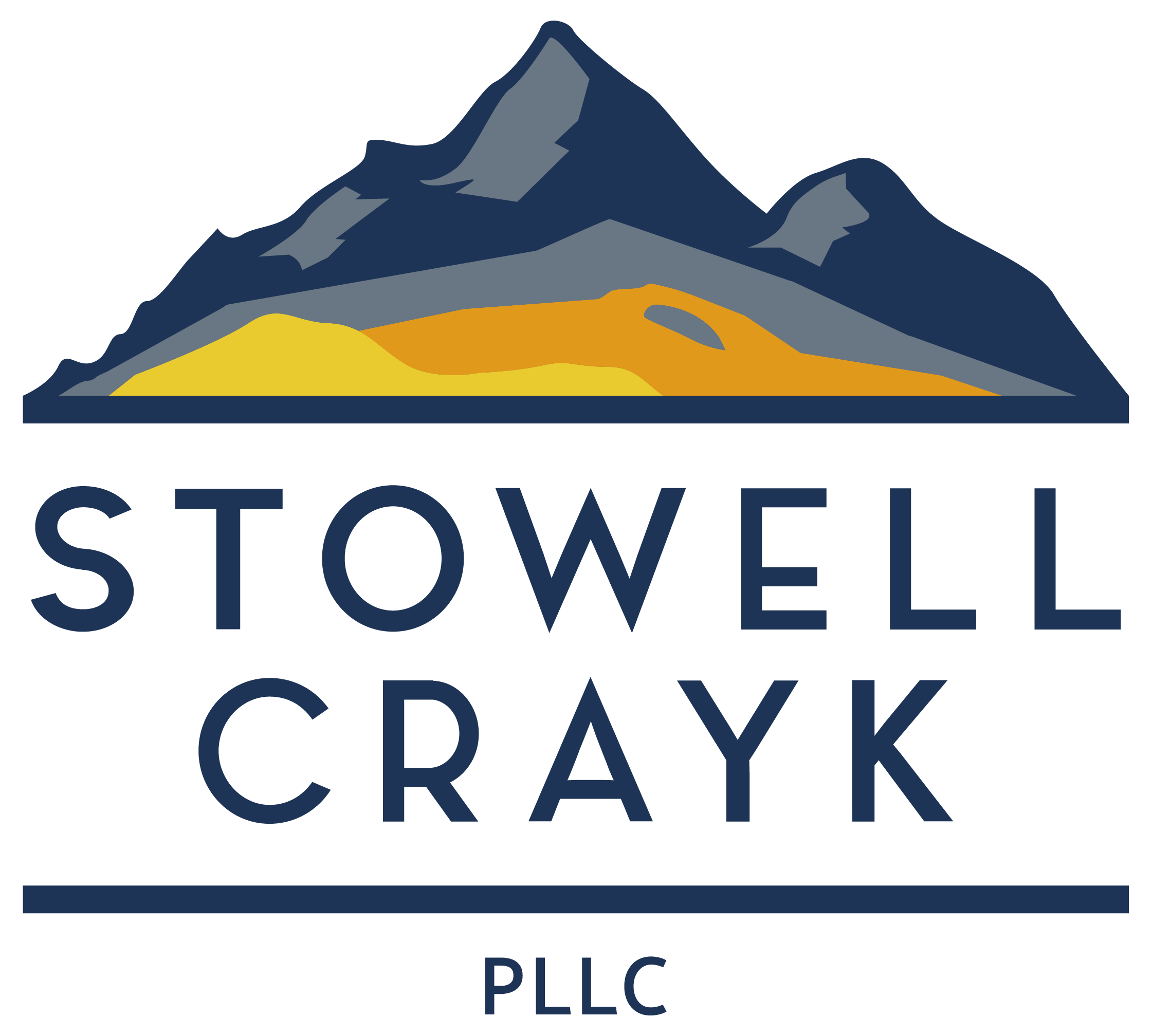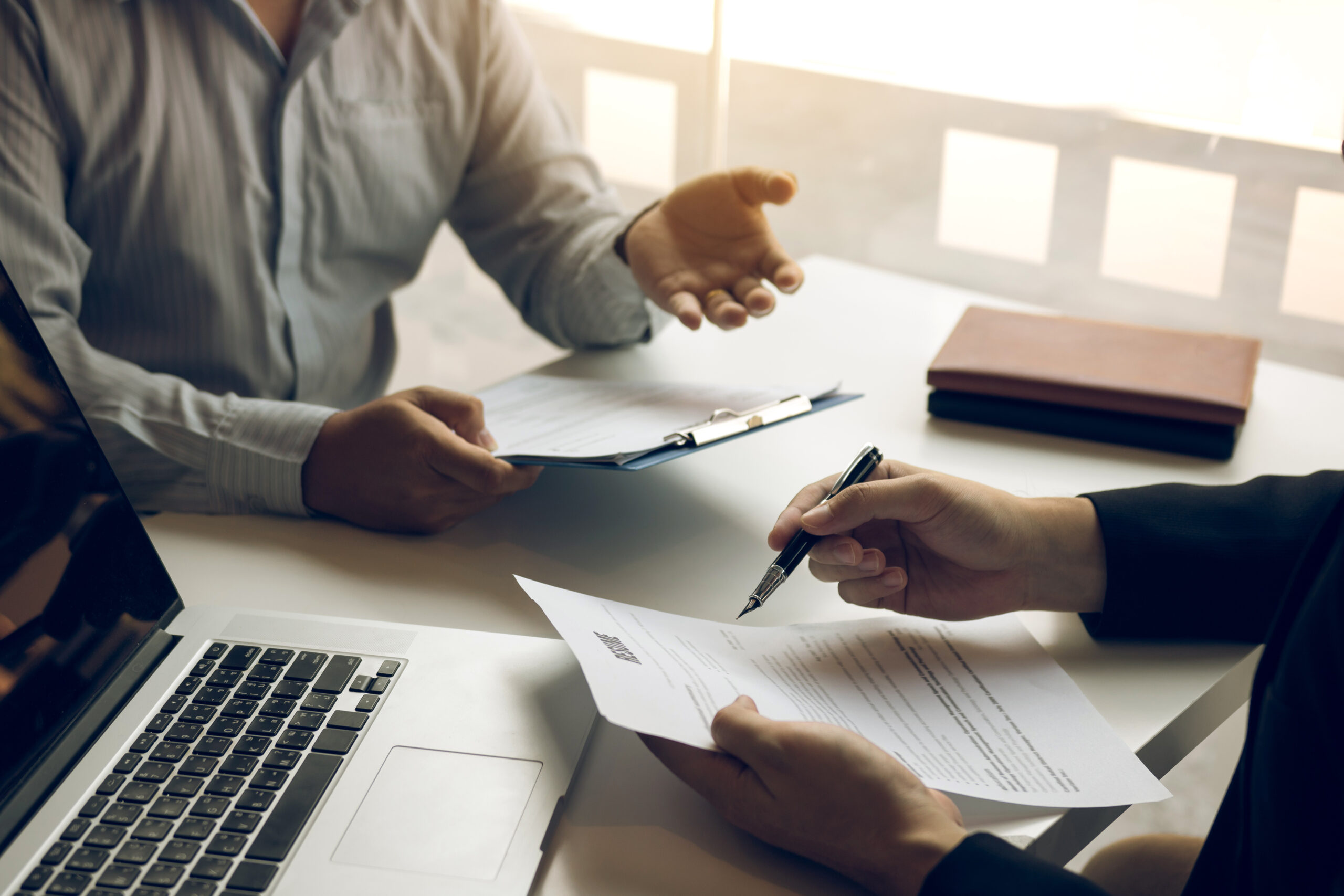Being accused of a crime can be a daunting experience. You may not know what to do or who to turn to. That’s where a lawyer comes in. A defense lawyer is an attorney who represents people who have been accused of crimes. They work to protect their clients’ rights and to defend them against the charges against them.
These Are 30 Of The Most Important Questions To Ask Your Criminal Defense Lawyer:
1. What are the charges against me?
This helps in clarifying the alleged crimes and their potential consequences.
2. What are the possible penalties for these charges?
This will help you understand what you could face if you are convicted.
3. What is my legal right to a jury trial?
This is your right to have your case decided by a jury of your peers.
4. Can I afford to hire you?
This will help you understand the lawyer’s fees and whether you can afford to hire them.
5. What is your hourly rate?
This will help you understand how much the criminal defense lawyer will charge for their time.
6. What are your fees for filing motions and appearing in court?
This will help you understand the additional fees that may be incurred.
7. Do you have any experience with cases like mine?
This will help you understand the lawyer’s experience with cases similar to yours.
8. What is your strategy for defending me?
This will help you understand how the lawyer plans to defend you against the charges.
9. What are the chances of winning my case?
This is a difficult question to answer, but the lawyer can give you an estimate based on their experience.
10. What are the chances of a plea deal?
A plea deal is when the defendant pleads guilty to a lesser charge for a reduced sentence in an agreement with the prosecution.
11. What are the risks and benefits of a plea deal?
A plea deal can have both risks and benefits, and the lawyer can help you weigh these factors.
12. What are my options if I am convicted?
If you are convicted, you may have the option to appeal the verdict or to seek a pardon.
13. Can I appeal my conviction?
You may be able to appeal your conviction if you believe that there was an error in the trial.
14. What are the collateral consequences of a conviction?
A conviction can lead to job loss or housing denial due to collateral consequences.
15. Can you help me get my record expunged?
Expungement seals your criminal record, improving job and housing prospects.
16. Can you help me get a pardon?
A pardon, granted by the governor, can clear your record through formal forgiveness.
17. What are my rights during the investigation and trial?
You have the right to remain silent and the right to a criminal defense lawyer.
18. What should I do if I am arrested?
If you are arrested, you should remain silent and ask to speak to an attorney.
19. What should I do if I am questioned by the police?
You should remain silent and ask to speak to an attorney.
20. What should I do if I am offered a plea deal?
You should consult with an attorney before accepting a plea deal.
21. What should I do if I am convicted?
If you are convicted, you should consult with an attorney to discuss your options.
22. What should I do if I am sentenced to jail or prison?
You should consult with an attorney to discuss your rights and options.
23. What should I do if I am released from jail or prison?
You should consult with an attorney to discuss your options for re-entering society.
24. What resources are available to help me?
You have access to legal aid organizations and victim advocacy groups.
25. What are my rights as a defendant?
You have the right to a speedy trial and the right to a fair trial.
26. What are the different types of evidence?
To name a few, there is physical evidence, witness testimony, and expert testimony.
27. What are the different types of defenses?
There are many, such as self-defense, alibi, and insanity that a criminal defense lawyer can help you understand.
28. What is the difference between a misdemeanor and a felony?
A misdemeanor is a less serious crime than a felony.
29. What is the difference between a jury trial and a bench trial?
A jury trial involves the jury deciding the verdict, while a bench trial has the judge decide the verdict.
30. What is the difference between bail and bond?
Bail is the money for pre-trial release, while bond ensures trial appearance.
Conclusion
Legal professionals protect your rights, explain charges, devise defense strategies, represent you in court, and negotiate with prosecutors. Contact Stowell Crayk, our skilled team of defense attorneys, for expert legal support and representation to secure the best possible outcome for your case.

